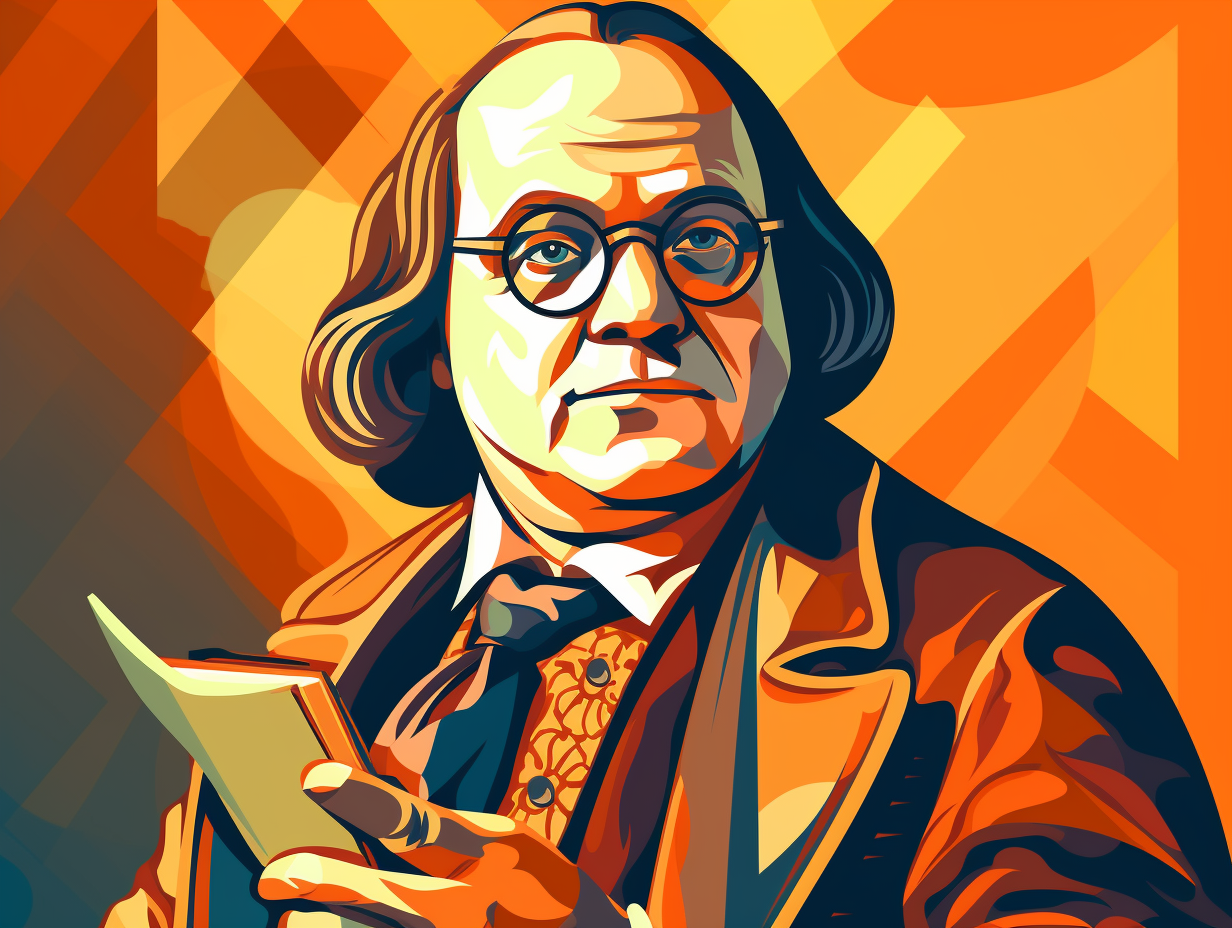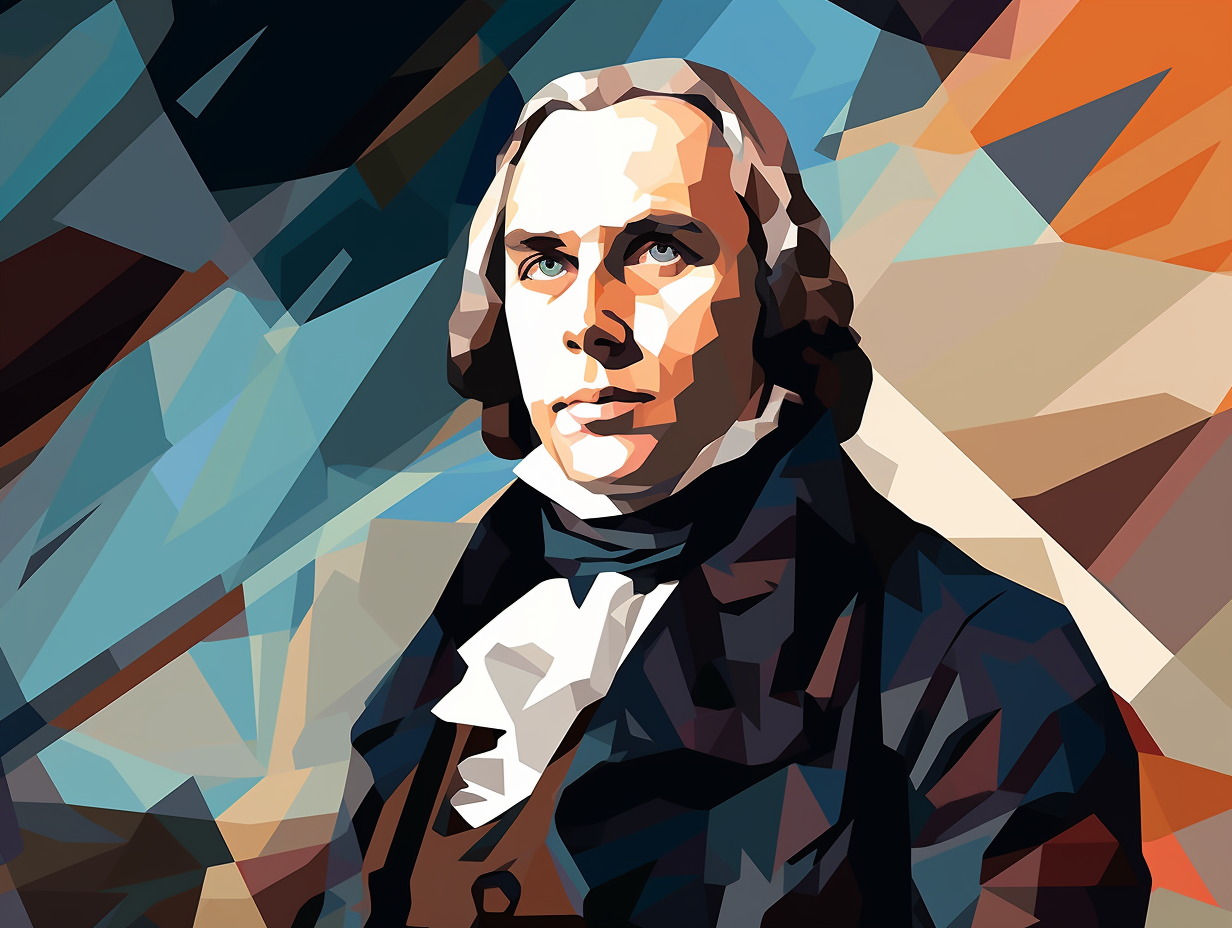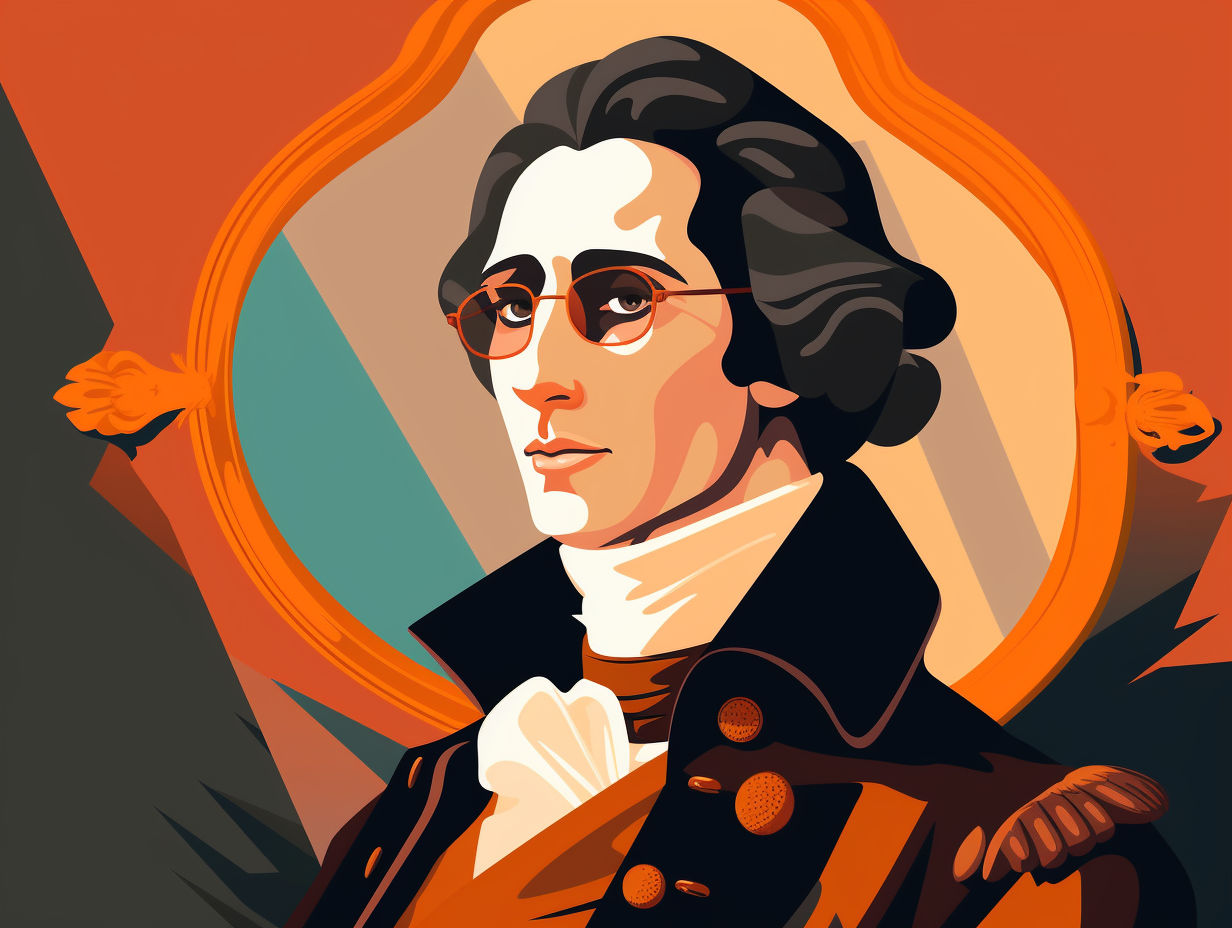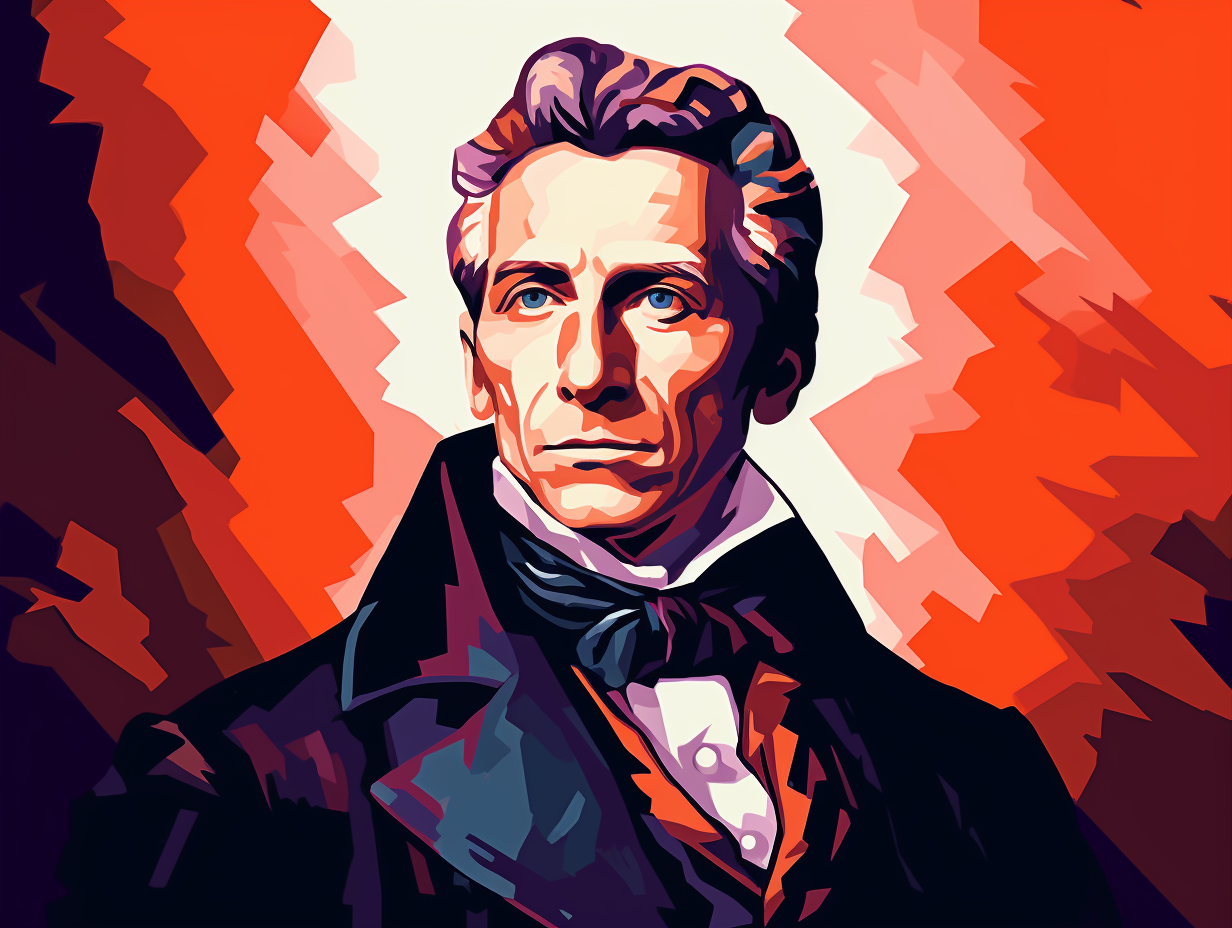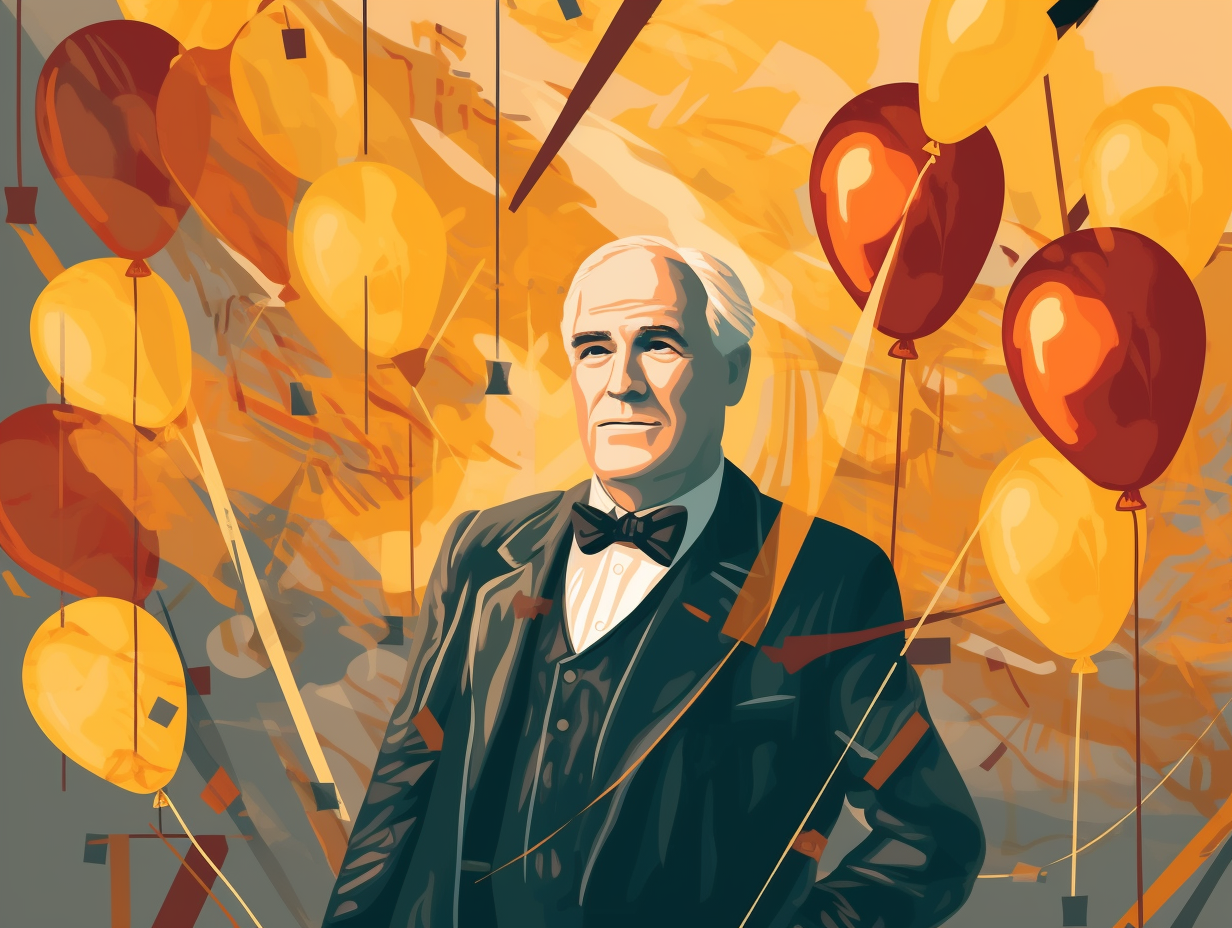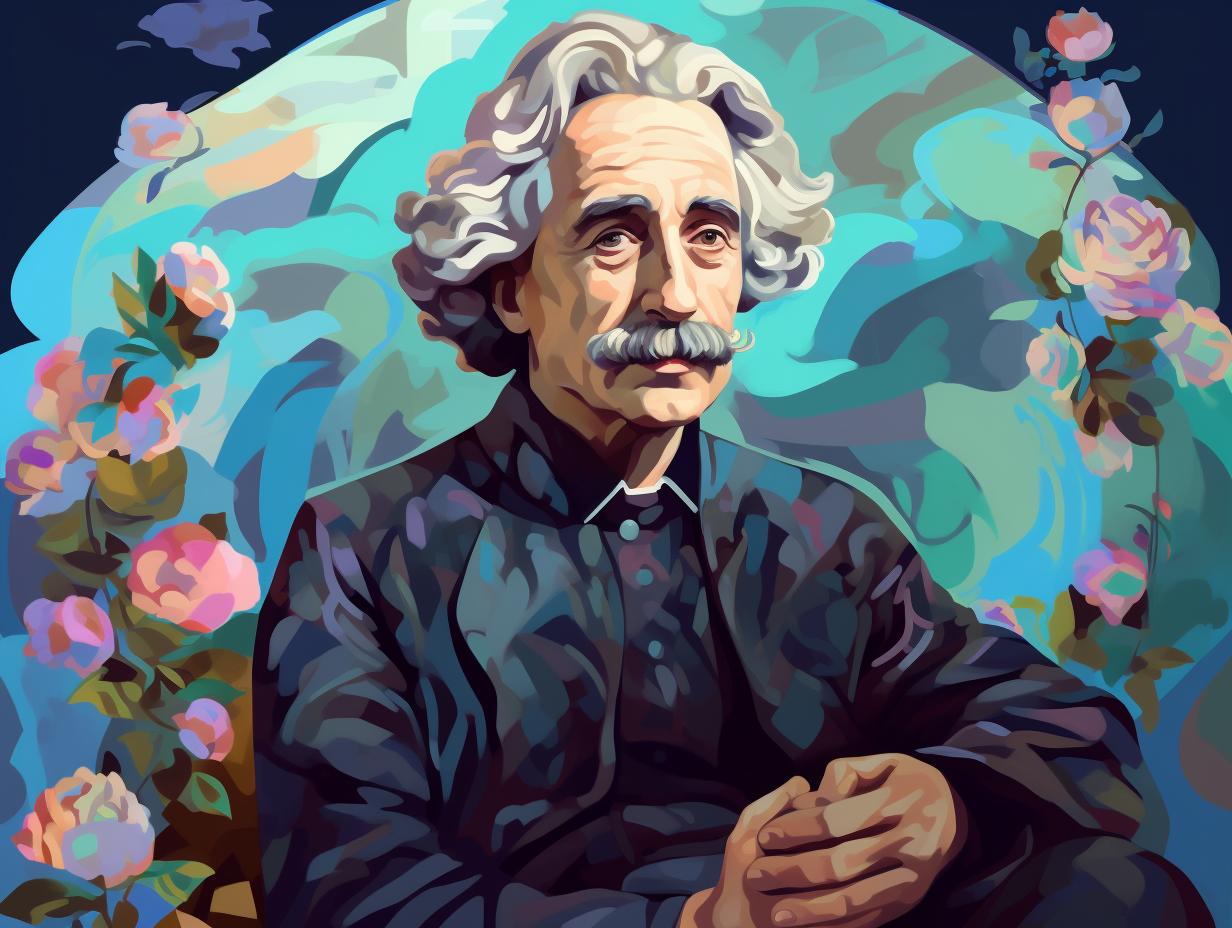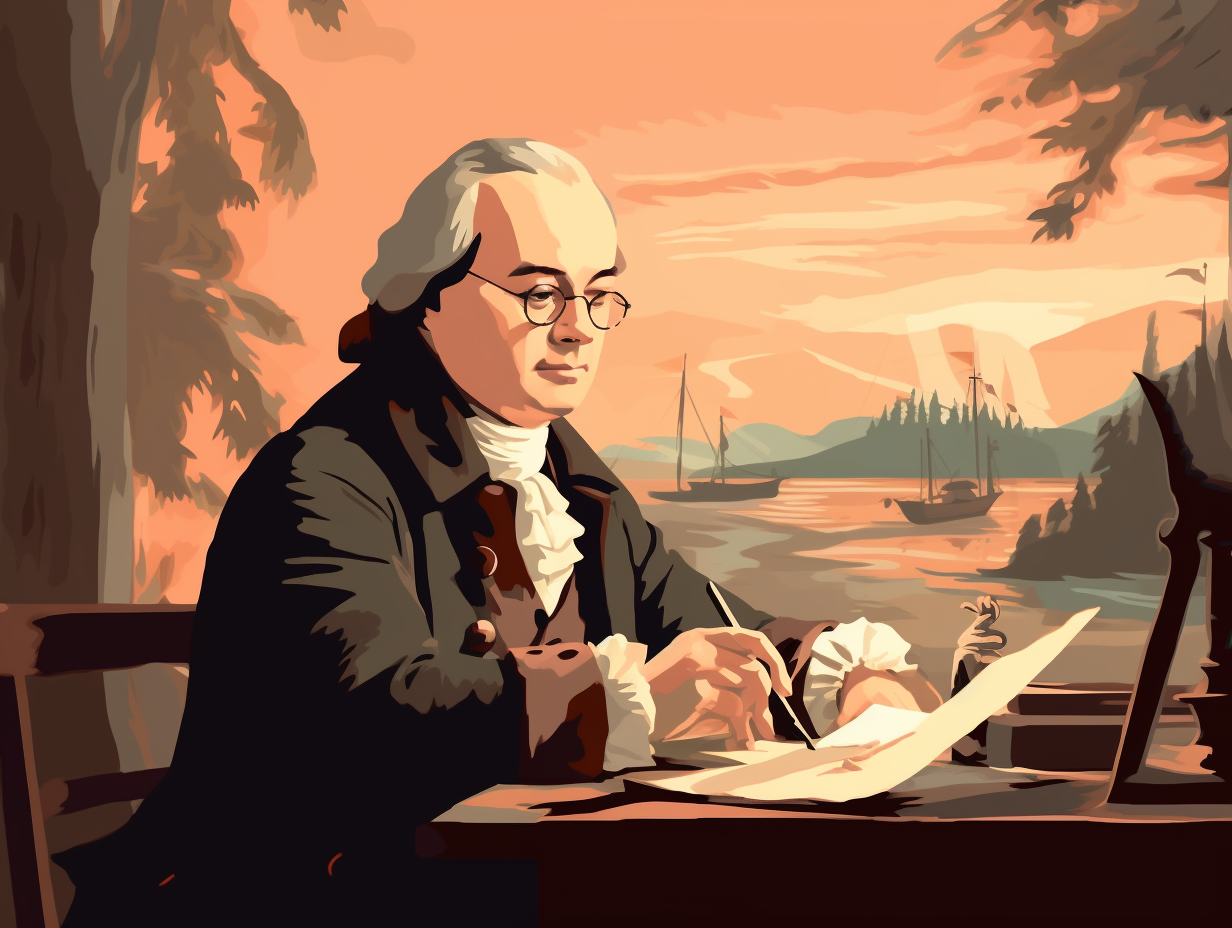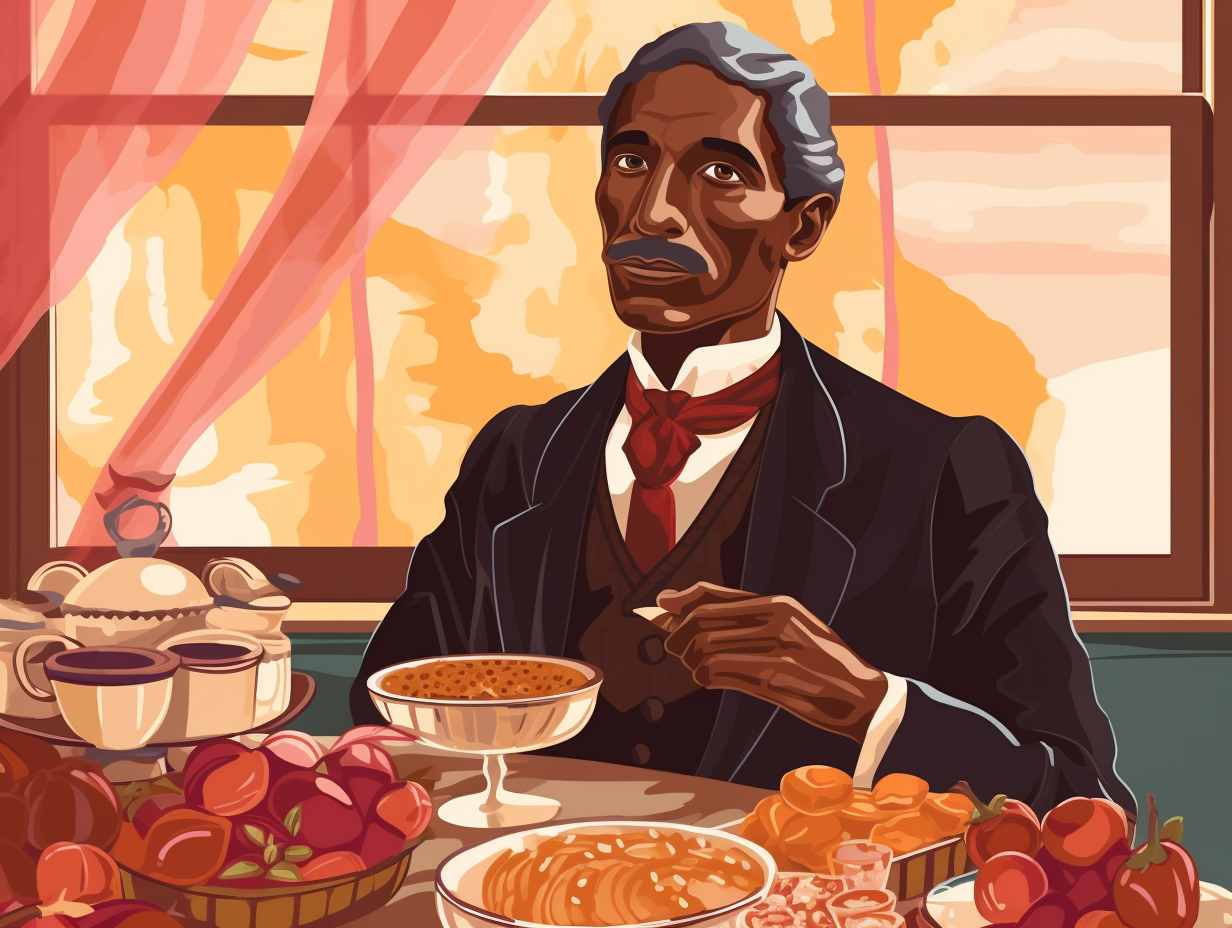Discover the Intrigue: Top 9 Fascinating Fun Facts About Thomas Hobbes
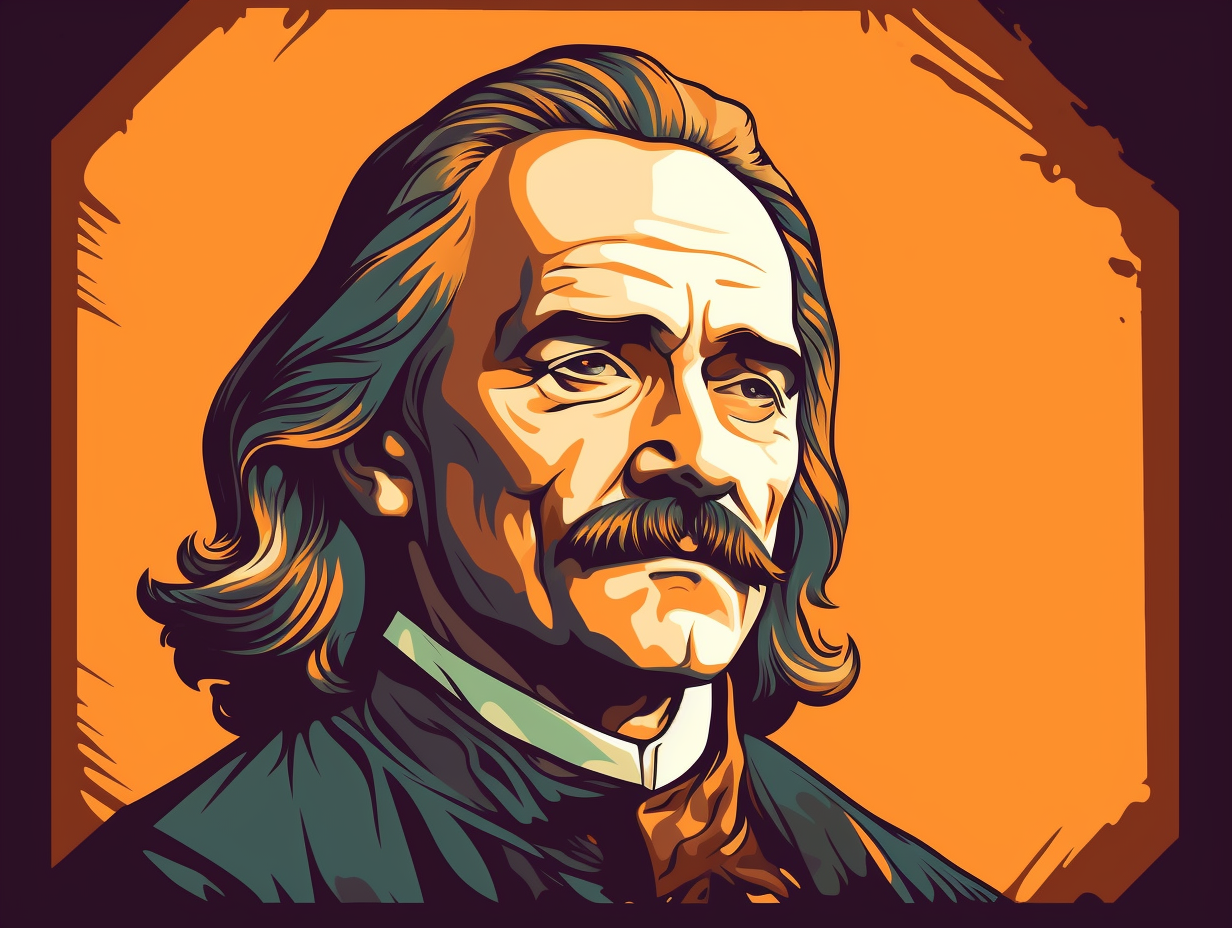
1. Civil War Inspiration
When Thomas Hobbes wasn't busy being the life and soul of 17th century England's philosophical soirées, he was honing his theories on how civil wars can really put a damper on one's political ideologies: Case in point, the English Civil War, which raged from 1642-1648, strongly influenced Hobbes' ideas and served as the catalyst for his renowned magnum opus, Leviathan, published in 1651.
Source => iep.utm.edu
2. Philosopher-Fashionista
With a wig that screamed "party in the front, grandiosity in the back" and a ribbons game stronger than a 17th-century Christmas: Thomas Hobbes was the philosopher-fashionista of his time, turning heads as he showcased his sophisticated yet quirky sense of style at social gatherings.
Source => en.wikipedia.org

Did you know John Locke's ideas on forgiveness led to a captivating lecture series discussing anger, forgiveness, and justice by renowned Professor Martha Nussbaum? Discover more intriguing details on this groundbreaking event!
=> Fun Facts about John-Locke
3. Academic Appetite
Before Thomas Hobbes could "Leviathan" his way through philosophical masterpieces, he had a little bone to pick with his educational curriculum: Hobbes, then merely a young and ambitious scholar, excelled in subjects like astronomy and geography but lamented the lack of mathematics and geometry in his studies, believing those disciplines to be the gateway to logic. At the tender age of 13 or 14, his benevolent uncle generously financed his enrollment at Magdalen Hall, Oxford, where he immersed himself in the study of logic and physics.
Source => historytoday.com
4. Gothic Chic
Before challenging limbo champions with his head-saving headgear, Thomas Hobbes prowled the streets of London in his signature gothic chic ensemble: His love for the wide-brimmed hat, paired with a striking black cloak, earned him the nickname "the man in the hat" and showcased his passion for individuality, solitude, and deep philosophical ponderings.
Source => iep.utm.edu
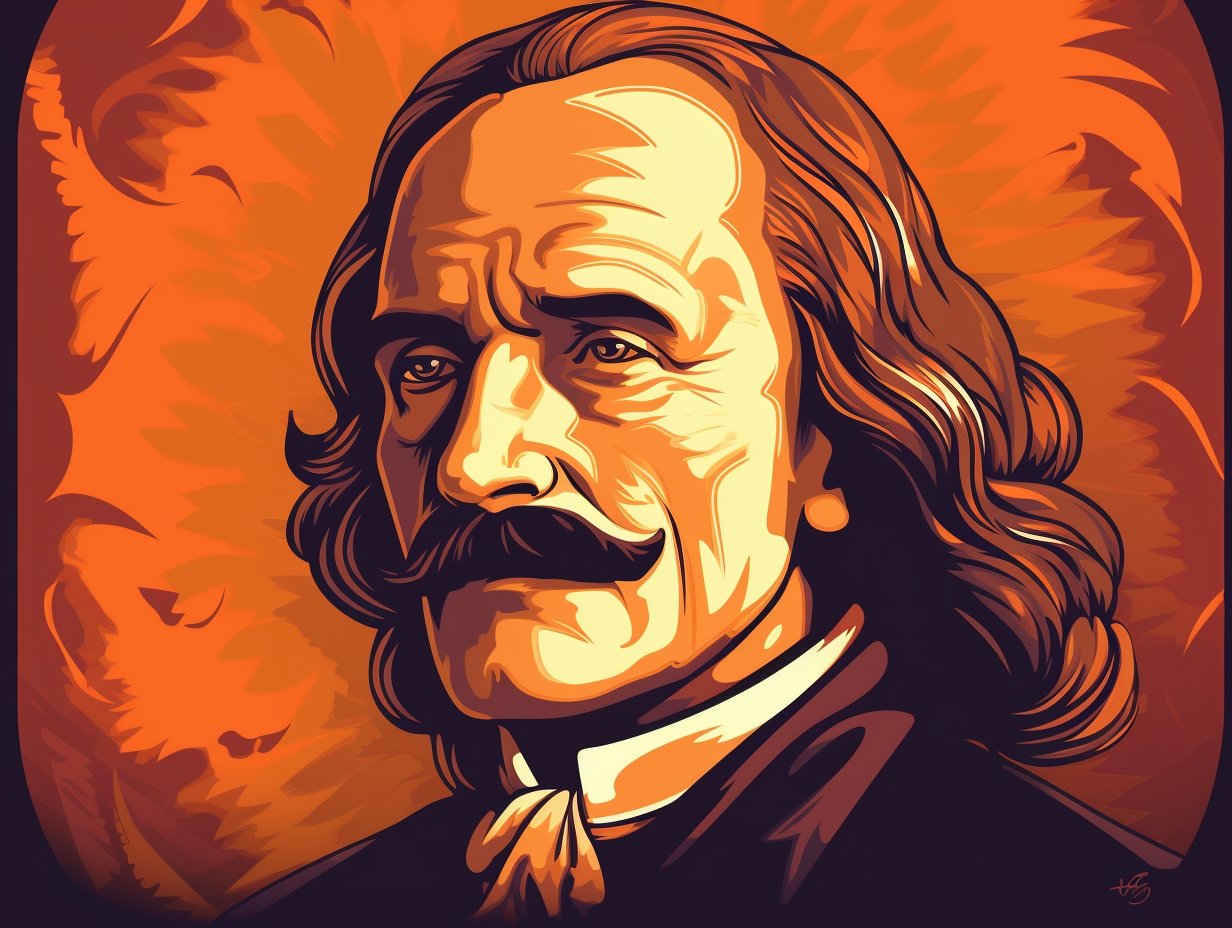
5. Reasonable Operator
Move over, James Bond, there's a new smooth operator in town: Thomas Hobbes may have been known to stir the philosopher's pot with his focus on self-interest, but he had more than a license to thrill - he also believed in the power of reason and mutual cooperation. Mingle a bit of wit here, some social contract there, and voilà: Hobbes uncovers the secret recipe for a functioning society, shaken, but not shattered by human inclinations. That's one debonair thinker who knew how to charm the masses!
Source => iep.utm.edu
6. Geometric Admirer
While some might think Thomas Hobbes was on a quest for a mathematical utopia, others might argue he was simply trying to find the political equivalent of Pythagoras' pants: Contrary to popular belief, Hobbes did not believe in a geometric solution to all political problems; instead, his admiration for geometry lay in its deductive method, which inspired his own approach to developing a comprehensive philosophy of human nature and politics.
Source => iep.utm.edu
7. Absolute Sovereign
In the wise words of Thomas Hobbes, "Can we all just get along?": Hobbes theorized that civil wars are sparked by disagreements over who holds ultimate political power and that the only way to maintain peace is by establishing an absolute and impartial sovereign, an idea which he explored in-depth in works like The Elements of Law, De Cive, and Leviathan during the turbulent 17th-century English political climate.
Source => iep.utm.edu
8. Sea Monster Government
You know those ocean legends about fearsome sea monsters swallowing ships whole? Well, Thomas Hobbes decided that same terror-inducing behemoth would make a great mascot for the government: Leviathan, Hobbes's magnum opus, borrows its title from the colossal sea creature referenced in the Hebrew Bible, epitomizing the awe-inspiring power and fear associated with an absolute government.
Source => 1000wordphilosophy.com
9. Crowned Leviathan
If the Leviathan wore a crown and ruled the seas: Thomas Hobbes actually penned a defense of the absolute power of kings in his work, Leviathan, comparing government to a mighty sea monster created for imposing order, advocating for a king-led sovereign, and warning against the meddling influence of the church to prevent potential civil war.
Source => crf-usa.org
Related Fun Facts



